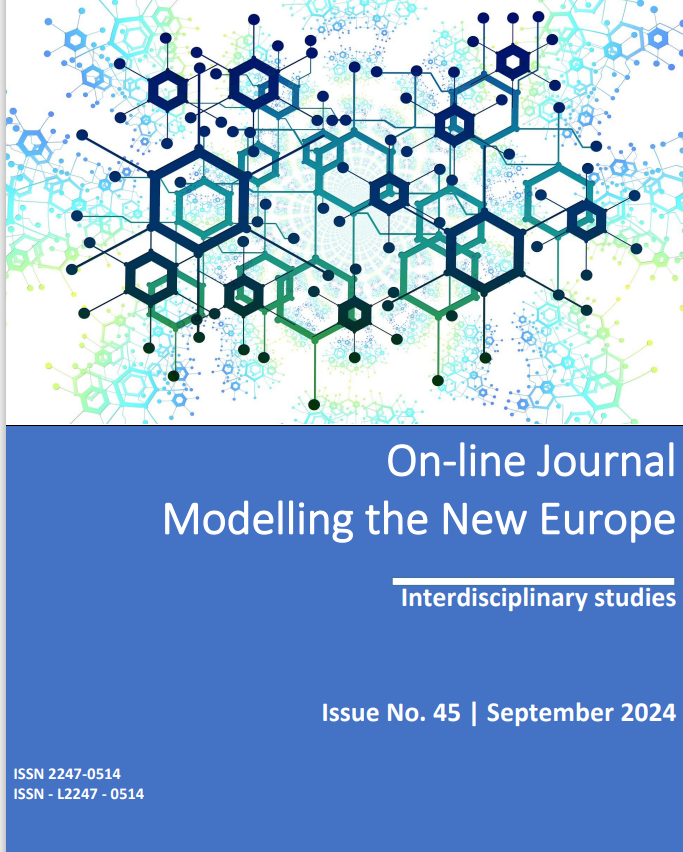THE VIRTUE OF DIVERSITY: PERCEPTIONS FROM THE REPUBLIC
OF MOLDOVA OF YOUNG PEOPLE INVOLVED IN CIVIL SOCIETY
REGARDING SELF-IDENTIFICATION AND THE ROLE OF THE
INTERNATIONAL ACTORS IN THE CONTEXT OF EU ACCESSION
THE VIRTUE OF DIVERSITY: PERCEPTIONS FROM THE REPUBLIC
OF MOLDOVA OF YOUNG PEOPLE INVOLVED IN CIVIL SOCIETY
REGARDING SELF-IDENTIFICATION AND THE ROLE OF THE
INTERNATIONAL ACTORS IN THE CONTEXT OF EU ACCESSION
Author(s): Adrian Gabriel Corpădean, Ana Gabriela PanteaSubject(s): Politics / Political Sciences, Civil Society, Geopolitics
Published by: Facultatea de Studii Europene -Universitatea Babeş-Bolyai
Keywords: post-Soviet identity; multiethnic state; youth organizations; EU enlargement policy; Russian leverage;
Summary/Abstract: The military aggression of Russia against Ukraine has provoked collective anxiety within the population of the Republic of Moldova around a potential targeting of the country, while increasing collective efficacy and nationhood. The article explores the construction of identity among young Moldovans in civil society, particularly in the context of EU accession. Moldova, as a multiethnic state, has been grappling with identity disputes since its first multiparty elections in 1994. The authors investigate ethnic identification and positioning towards international actors, aiming to understand how internal and external loyalties overlap and can emerge in building a new civic identity beyond the post-Soviet legacy. The study shows a revaluation of ethnic components and the connection with geopolitics. Before the Ukrainian war, the prolonged economic and political crises in the country, as well as the great power politics, had prompted the younger generations to be disconnected from the political, economic, and social aspects of public life. As such, they maintain a sense of social integration within their familial and friendship networks, which contributes to their sense of belonging within Moldovan society. The article examines the connection between self-identification and the geopolitical structures within the Republic of Moldova. The empirical part of the research involves 18 semi-structured interviews with Moldovan youth involved in civil society organizations, focusing on patterns of self-identification, including Pan-Romanianism, Moldovianism, Transnistrian ideology, and Gagauzian regional identity. The study also highlights the importance of pluralistic identification in which economic development is crucial in building up a consistent identification narrative
Journal: Online Journal Modelling the New Europe
- Issue Year: 2024
- Issue No: 45
- Page Range: 4-25
- Page Count: 21
- Language: English

